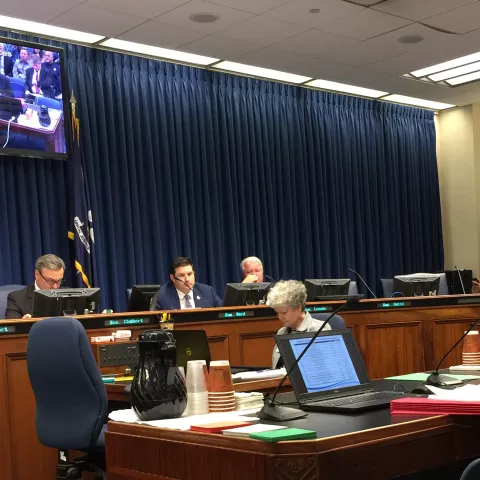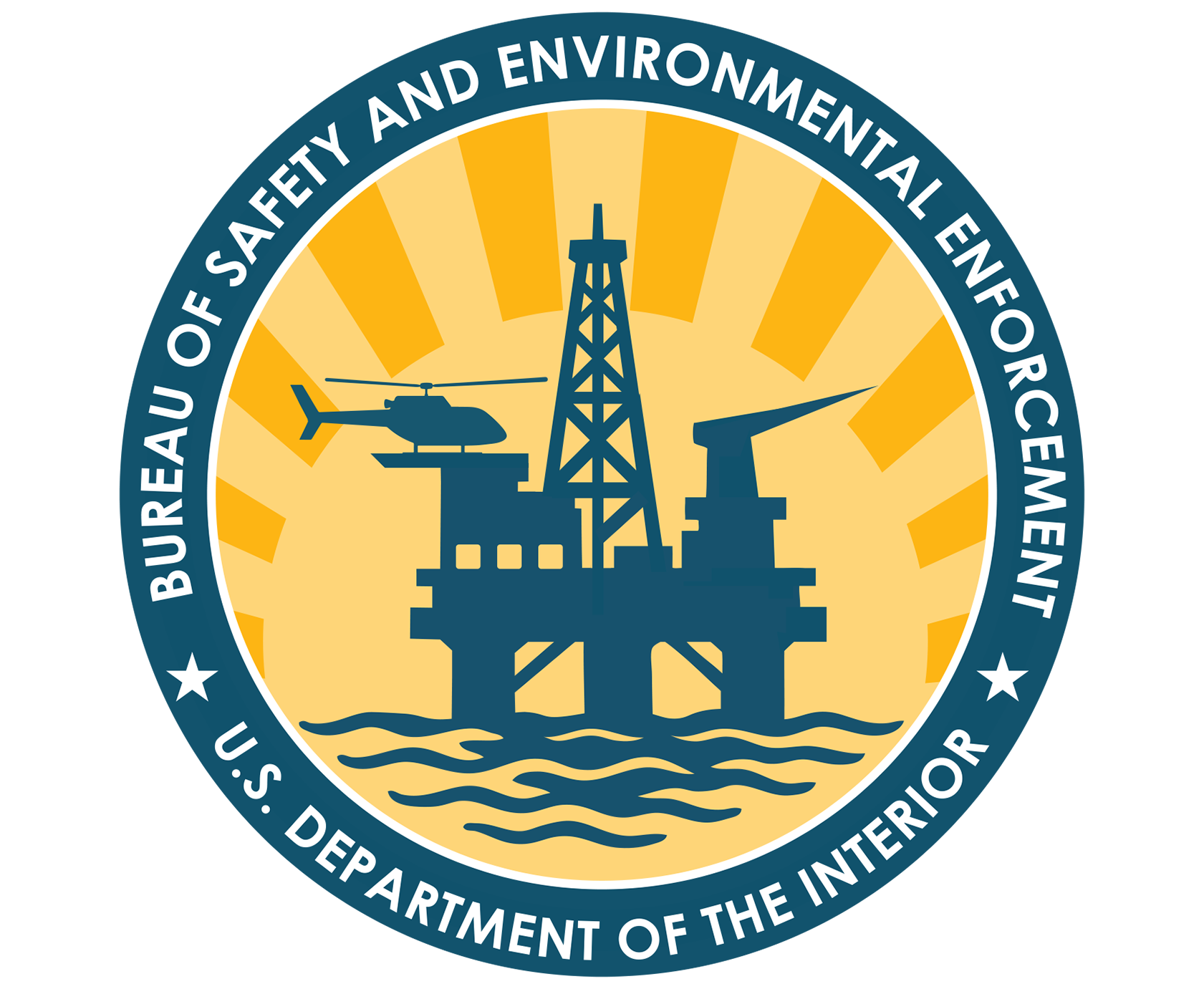
You are viewing ARCHIVED content published online before Jan. 20, 2025. Please note that this content is NOT UPDATED,
and links may not work. Additionally, any previously issued diversity, equity, inclusion or gender-related guidance on
this webpage should be considered rescinded. For current information, visit
News Items | Bureau of Safety and Environmental Enforcement.
BATON ROUGE, La. – Bureau of Safety and Environmental Enforcement (BSEE) Director Scott Angelle provided a presentation on exploration and production trends today to members of the Louisiana Senate Natural Resources Committee. The briefing focused on a historically energy-rich area in the federal waters of the Gulf of Mexico commonly known as “The Shelf.” Defined by a water depth of less than 200 meters, the first well drilled in this province was in 1947. Over the last 72 years, more than 47,000 oil and natural gas wells have been drilled.
“The Gulf of Mexico shallow water province has served the U.S. well in producing energy for the Nation’s energy, economic, and national security,” said Angelle. “While the province still holds oil and natural gas resources to be developed, in the past decade a number of factors are contributing to a situation which must be addressed – the possible stranding of valuable energy resources.”
During the briefing, Angelle outlined several factors contributing to the decline of the province: the smaller average reservoir size compared to deepwater Gulf of Mexico; the high cost of development in the province compared to onshore; the higher risk compared to the anticipated margins, the predominance of natural gas; and the declining number of companies operating in the province.
“BSEE is focused on ensuring safe and environmentally-sustainable exploration, development, and production of the energy resources on the U.S. Outer Continental Shelf,” said Angelle. “No resource attainable in a manner that complies with all applicable laws, rules, and regulations and needed for our energy future should be left stranded.”
Under BSEE’s New Era of Management, the bureau is moving forward on a number of initiatives to supplement regulation with innovative and collaborative programs that expand the available toolbox of methods for driving safety performance and environmental stewardship improvements in a manner that complies with all applicable laws, rules, and regulations.
A key strategy of the New Era of Management is the Risk-Based Inspection (RBI) program, implemented in March 2018. The RBI program employs a protocol of targeted, risk-focused inspections to supplement BSEE’s existing schedule of inspections on production facilities and active drilling operations in a manner that complies with all applicable laws, rules, and regulations. Using data analysis to identify higher-risk operations, BSEE is able to effectively direct additional inspections and resources where needed. These focused field inspections also allow BSEE to verify that operators are properly identifying, managing and mitigating risks.
Under Director Angelle, there has been renewed focus on the previously existing program known as SafeOCS, a near miss and equipment failure-reporting initiative. An important component of BSEE’s strategy to drive safety performance, it allows BSEE to review aggregated incident data to identify trends and emerging issues, potentially reducing risk across the entire Outer Continental Shelf.
“The Trump Administration inherited a four percent participation rate in the voluntary SafeOCS program,” said Angelle. “Through a focused outreach effort, BSEE has significantly increased participation by operators in a manner that complies with all applicable laws, rules, and regulations. The participants now account for 85 percent of all oil production on the U.S. Outer Continental Shelf.”
